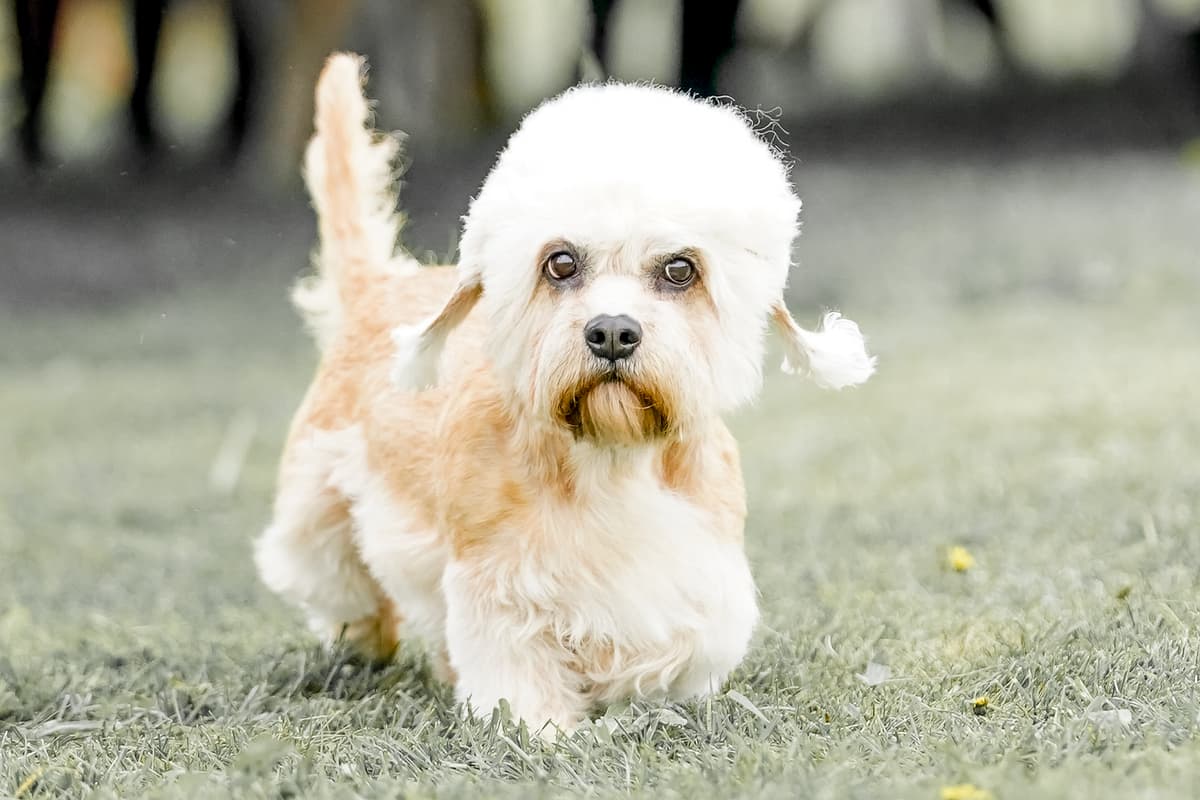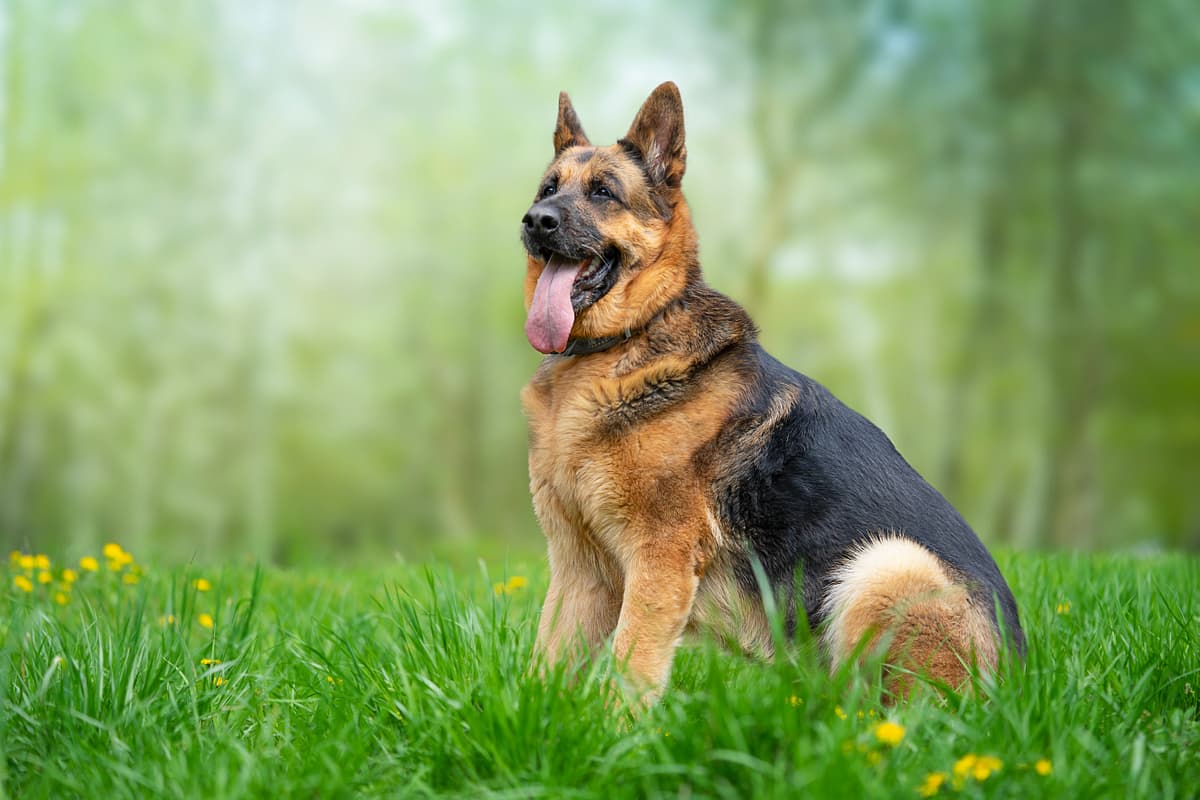Dandie Dinmont Terrier vs German Shepherd
Discover the differences between Dandie Dinmont Terrier and German Shepherd to make the best choice for your situation.
Try different breeds

Dandie Dinmont Terrier
Distinctive with a long body and silky topknot, this affectionate terrier charms with intelligence and loyalty. Adaptable and alert, it thrives as a devoted companion.

German Shepherd
Confident, loyal, and highly intelligent, this breed thrives as both a devoted family companion and a reliable working partner. Always alert and eager to learn, it adapts to many roles with ease.
Quick comparison
Small
8–11 kg
Crisp topcoat, soft undercoat
12–15 years
8–11 kg
Moderately active
Large
30–40 kg
Double coat, dense undercoat
9–13 years
22–32 kg
High energy
Personality & behavior
Compare the personality traits and behavioral characteristics of both breeds.
Dandie Dinmont Terrier
Generally sociable with family and familiar people
Quick learner, responds well to training
Moderate exercise needs, not overly active
Enjoys games but not constantly playful
Adjusts well to new living situations
German Shepherd
Warm with family, reserved with strangers
Quick learner, highly trainable and alert
Needs regular activity and vigorous exercise
Enjoys games, interactive and engaging
Adjusts well to new situations and environments
Care needs
Exercise, grooming, and daily care requirements
Dandie Dinmont Terrier
Intervertebral disc disease, glaucoma
German Shepherd
Hip dysplasia, elbow dysplasia
Suitability
How well each breed fits different living situations and families
Dandie Dinmont Terrier
Good companion
Their affectionate, manageable nature suits first-time owners with moderate dedication
Very suitable
Small size and moderate energy make them comfortable in apartments
Moderately suitable
Enjoy walks but do not require intense activity or constant stimulation
Supervised only
Tolerate gentle children but prefer calm, respectful handling
Selective tolerance
Can coexist with other pets if socialized from puppyhood
Not ideal
Dislike being left alone and may develop separation anxiety or behavioral issues
German Shepherd
Challenging for beginners
Needs experienced, consistent training and socialization
Not ideal
Needs space and frequent exercise to prevent boredom
Perfect fit
Thrives with active owners who can provide daily physical and mental challenges
Highly suitable
Loyal and protective, can be gentle and patient with proper socialization
Usually compatible
Can get along with other pets if raised together and well socialized
Prone to anxiety
Dislikes being left alone for long periods and may develop behavioral issues
Breed strengths
What each breed excels at and their best qualities
Dandie Dinmont Terrier
- Loyal and affectionate with family
- Good with respectful children
- Moderate exercise needs suit urban living
- Low-shedding, hypoallergenic coat
- Generally healthy and long-lived
German Shepherd
- Highly intelligent and quick to learn tasks
- Strong loyalty to family members
- Excellent working and service dog abilities
- Protective instincts make them good guardians
- Adaptable to various training activities
Challenges & considerations
Potential challenges and considerations for each breed
Dandie Dinmont Terrier
- Prone to stubborn, independent streak
- Early socialization essential for friendliness
- Can be reserved with strangers
- Back issues due to long spine
- Requires regular coat grooming and trimming
German Shepherd
- Prone to hip and elbow dysplasia
- High exercise needs require daily activity
- Can develop separation anxiety if left alone
- May be wary of strangers without socialization
- Heavy seasonal shedding requires frequent grooming
Ready to choose your perfect breed?
Learn more about each breed or compare other breeds to find the perfect match for your lifestyle.
Discover more helpful tools
Make use of our other free tools to get the most out of your pet experience
